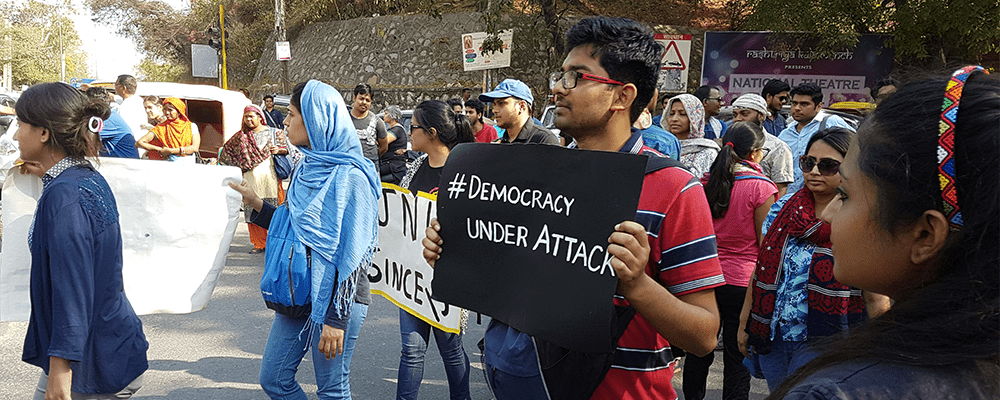How might political opposition shape regime outcomes over time in an authoritarian system? Most studies on political opposition in authoritarian contexts tend to focus on the agency of the regime over and above that of the political opposition. Using Albert Hirschman’s framework of exit, voice and loyalty, this book examines the case of Kazakhstani opposition agency over 30 years to explore the extent to which political opposition in Kazakhstan has shaped the dynamics of authoritarian regime development in the country. What the analysis reveals is that in Kazakhstan the regime has tended to treat formal institutional political opposition as neither a credible nor non-credible threat. Consequently, the Kazakhstani regime has always responded to opposition exit and voice with sanctions and institutional adaption which strengthened the regime in the short to medium term, but left them exposed to spontaneous, grassroots non-institutional opposition in the longer term. This spontaneous grassroots opposition emerged in Kazakhstan as a series of ‘shocks’ crystalised in the 2011 events in Zhanaozen, the 2016 land protests, the 2019 election protests and the events of ‘qandy qantar’ (bloody January) in 2022. What this book illustrates is how authoritarian regimes which treat opposition threats ambiguously are likely to end up in a continuous state of instability because the feedback provided by opposition agency disappears leaving the regime susceptible to spontaneous opposition.
